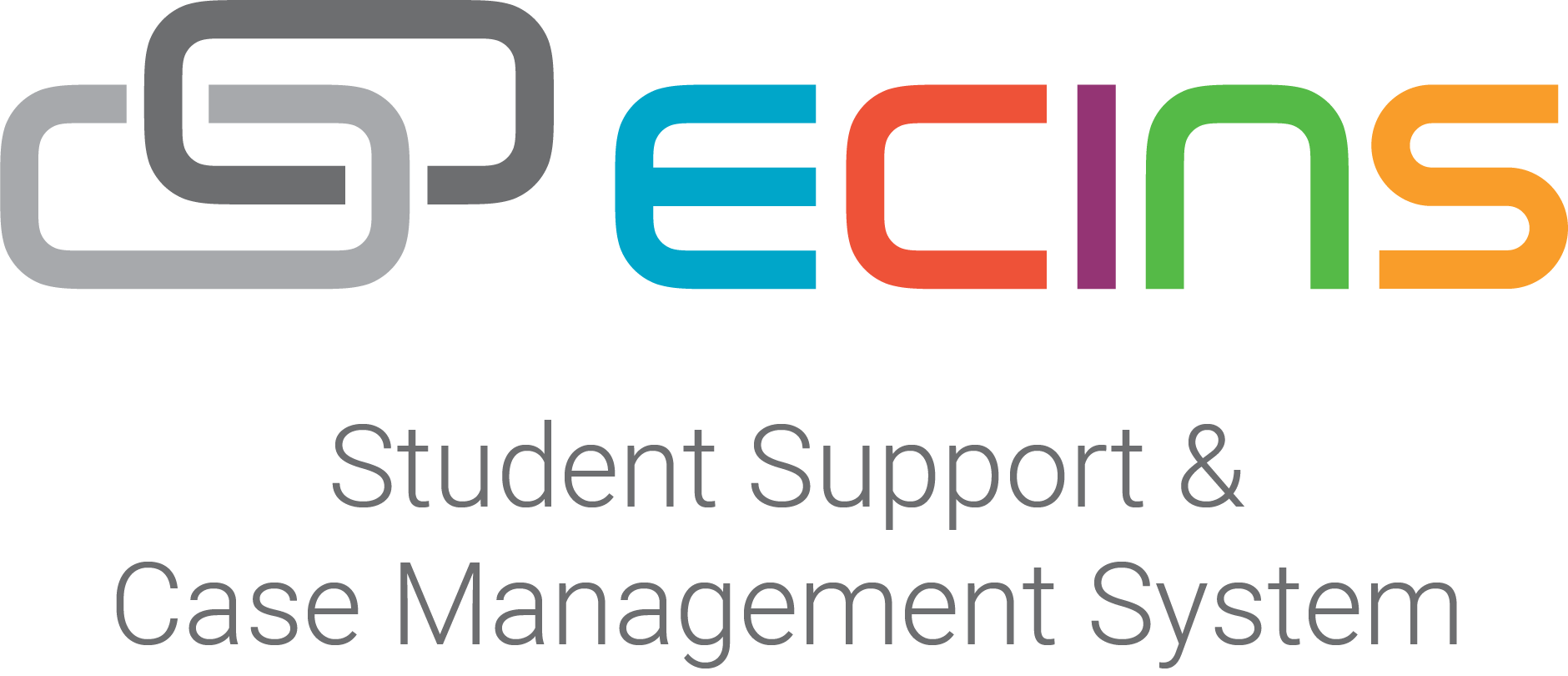There has been 450% increase in mental health reports from students over the last 10 years. ECINS is supporting student mental health with digital journals through the Student Engagement Module.
Support systems need to be implemented in schools to respond to students’ needs and the rise in mental health cases. ECINS proposes that supporting student mental health with digital journals is a large part of the solution.
1 in 5 young people in England have a probable mental disorder. This suggests that roughly 5 students per class could be struggling and need professional support. Therefore, identifying those who require help is vital; many mental health issues fly under the radar.
Students experiencing mental health struggles can be reluctant to reach out. Supposedly, only 25% of mental health suffers in the UK access help. Therefore, ¾ of people with mental health conditions to suffer alone, not receiving helpful treatments and potentially leaving the problem to get worse.
Many find it difficult to speak out about mental health. Almost 40% of people think that mental health shouldn’t be discussed. There is a lot of shame and stigma surrounding mental health, causing many to battle in silence for fear of judgement.
However, schools (and society as a whole) actively spread mental health awareness and encourage people to speak openly.
Young people have never needed more mental health support. Therefore, removing shame and stigma by supporting student mental health with digital journals helps young people to feel safe and understood.
The Benefits of Journaling
Research has long proclaimed the benefits of journaling. Various studies have found that journaling and expressive writing can be beneficial to various aspects of physical health: immune function, blood pressure, lung function, liver function, sleep, and reduced days spent in hospital.
Studies have also established various social and behavioural benefits of journaling on students specifically:
- Improved mood/affect.
- Improved working memory.
- Improved sporting performance.
- Improved psychological well-being.
- Improved students’ grade point average
- Reduced depressive symptoms before examinations.
- Reduced post-traumatic intrusion symptoms.
- Reduced avoidance symptoms.
- Reduced absenteeism.
- Altered social and linguistic behaviour.
Supporting student mental health with digital journals improves nearly every area of a pupil’s school life, as research consistently shows. Whilst improved academic performance is important, schools also foster lasting outcomes—like greater psychological well-being and reduced depressive symptoms—that stay with students long after the school day ends.
“To promote better mental health and adjustment among young people, we need policies that foster home connectedness, friendship and a positive school climate and consider young people’s individual differences, needs and vulnerabilities” says Willem Kuyken (Psychology Professor at the University of Oxford).
Digital journalling provides students with an outlet to disclose their needs, differences and vulnerabilities. The benefits of this simple exercise are therefore priceless, improving students life both inside and beyond the class environment.
ECINS’ Solution
ECINS is supporting student mental health with digital journals through the Student Engagement Module.
The SEM has a Mood Tracker that encourages students to engage in digital journaling. The feature supports students’ mental wellbeing by allowing them to disclose how they feel and what they may be struggling with.
Students can choose a facial expression to signify their mood and write a journal entry about how they are feeling or how their day was. Young people can use the tool to best support them.
Accessed via web browser or app, the SEM is protected by MyPortal360 to ensure that all logged information is secure. Only trusted staff members can access student responses, guaranteeing information confidentiality and safety. Concerns can be addressed quickly because trusted staff members access them in real-time.
Staff members gain an insight into a student’s mental health by looking at their digital journal entries, indicating which pupils need help and the appropriate course of action.
Furthermore, stigmas surrounding mental health are less likely to restrict students who digital journal. It is crucial to have a feature dedicated to mental wellbeing.
Moreover, some students find it easier to discuss mental health struggles digitally than to reach out and speak with a staff member face-to-face. ECINS’ Mood Tracker gives students the confidence to speak out.
Also, other SEM features aim to lighten a pupil’s mental load:
-
- Task Setter.
-
- Chat Function.
-
- Attendance Tracker.
-
- Calendar.
-
- Help & Advice Documents.
These features relieve pressures by promoting organisation and providing resources that advise students on various issues. The SEM is dedicated to giving students wraparound support. Moreover, it offers an outlet to disclose mental health issues and to ask for support from trusted staff members.
ECINS is working with schools to support student mental health and cultivate a happier, healthier environment for young people to learn and grown in.
Sources
https://nasen.org.uk/news/young-people-least-confident-speak-about-their-mental-health
Student Mental Health Statistics UK 2021

